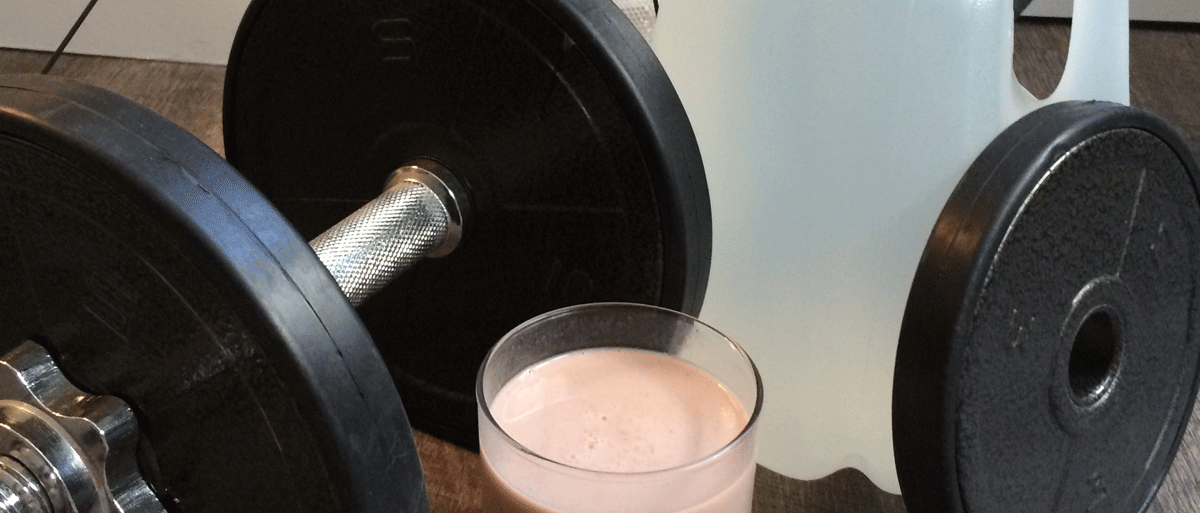High-intensity endurance exercise depletes the body of electrolytes, fluid and fuel (carbohydrates). But with so many sports nutrition products on the market, which one(s) should you choose for your specific sport?
Sports Drinks
Research shows sports drinks can delay feelings of fatigue by replenishing carbohydrates, fluid and electrolytes (mainly sodium) when consumed before, during and after activities lasting longer than 30 minutes. If exercising less than 30 minutes, water is the best choice. Sports drinks are also beneficial during stop-and-go activities – such as basketball, tennis, soccer or hockey – to maintain fluid and energy levels for optimal athletic performance.
Choose a sports drink with about 14 grams of carbohydrate per eight ounces of fluid and look for ones that have a combination of carbohydrate sources (e.g. sucrose, glucose, dextrose). You can find these in the ingredient list. A combination of carbohydrate sources is more easily absorbed for energy. A drink with its sole carbohydrate source as fructose or galactose is not absorbed as easily and may cause stomach discomfort. Look for a drink with around 100 mg sodium per eight ounces.
Did you know that milk is nature’s sports drink? Emerging research in adult athletes has demonstrated that one serving of milk post-exercise may help reduce muscle damage and improve muscle recovery – which in turn, may help the body perform better during its next workout. In fact, research shows that drinking milk after a workout can be as effective as some sports drinks in helping the body refuel, recover and rehydrate after exercise.
Sports Bars
A quick source of energy, sports bars work best as a snack before or after physical activity. Sports bars can be a rich source of vitamins and minerals, in addition to carbohydrates and protein. However, they do not provide fluid for your workout. Make sure to enjoy plenty of water with your bar of choice.
Choose a bar based on your caloric requirements as they can range from 120 to 300 calories per bar. The longer and more intense your workout, the more calories you will need. Consider the amount of carbohydrate in the bar. Choose a bar that provides 30 to 60 grams of carbohydrate before or after a prolonged workout. Look for bars with six to 20 grams of protein from sources such as whey, casein, soy and/or egg if you are not eating enough protein during the day.
Sports Gels
A gel can be consumed every 30 to 60 minutes during physical activity, depending on calorie needs and intensity of workout, to provide energy. Keep in mind, gels don’t provide the fluids athletes need, so always drink plenty of water with sports gels.
Sports gels typically contain between 100 and 120 calories and 22-25 grams of carbohydrate. Some sports gels may have brown rice syrup as an ingredient – complex
carbs take longer to digest and absorb than simple sugars such as glucose and sucrose. Athletes want quick energy during activity, so it is best to avoid complex carbohydrates.
Why is caffeine added to some sports bars, gels and beverages, and how does it affect my performance?
Studies show that caffeine may enhance performance by improving alertness. However, the American Academy of Pediatrics recommends against the use of caffeine containing products for children and adolescents up to 18 years of age because in excess amounts, caffeine has been associated with harmful cardiovascular and neurological effects. Instead, it’s important to choose nutrient-rich foods and beverages and build balanced meals – let these serve as your fuel for athletic success.
As an athlete, it is important to focus on enjoying real foods throughout the day. Sports drinks, gels and bars should not be used as meal replacements, but rather as a supplement to a well-balanced diet.




